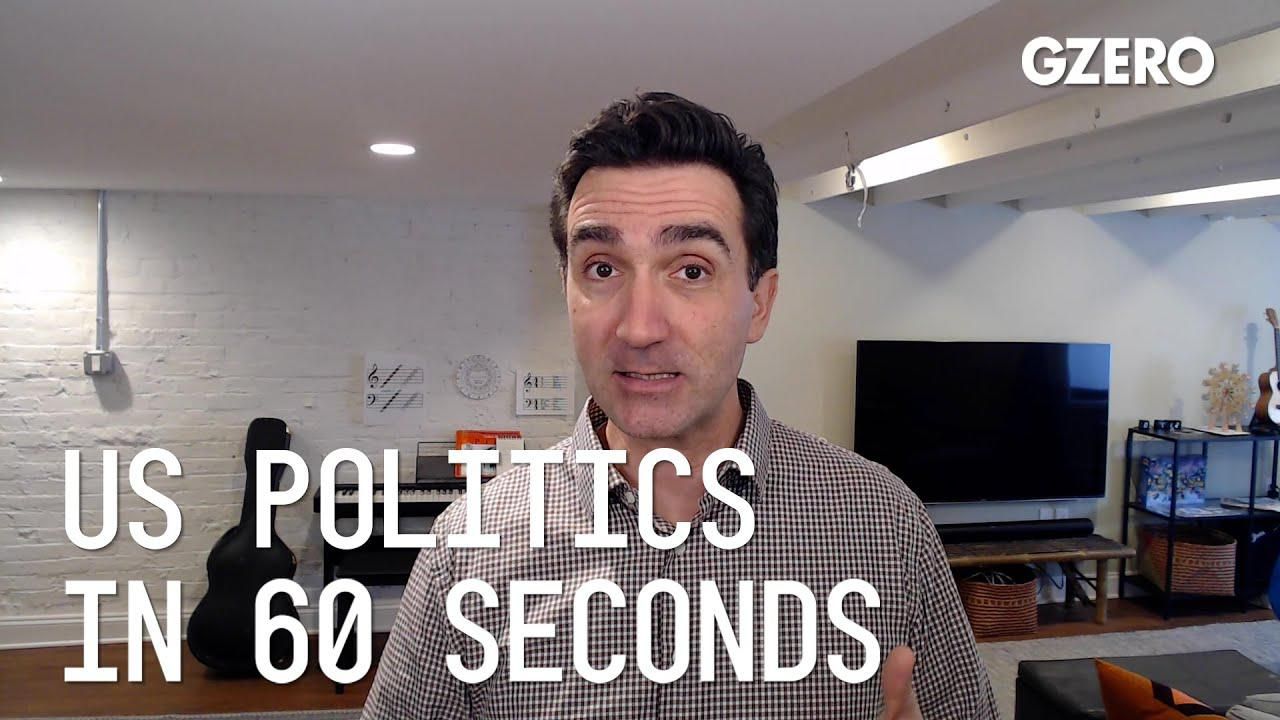
Jon Lieber, head of Eurasia Group's coverage of political and policy developments in Washington, shares his perspective on Biden's strategy on the Ukraine crisis.
Does Biden's decision to send troops to Eastern Europe signal that he expects a military conflict in Ukraine?
No. The deployment of 2000 additional troops accomplishes three goals. One, it acts as a deterrent to Russian aggression. Two, it reassures US allies including Poland and Romania that the US is prepared to defend them against Russia, should it come to that. And three, it potentially opens the door to additional talks between the US and Russia. Notably, these troops are not going to Ukraine. The US is not bound by any treaty to protect Ukraine and nor would it be likely to deploy troops to Ukraine if Russia does invade. But in case an invasion happens, Biden wants to signal to allies that he's prepared to escalate both by supplying additional weapons to Ukrainian forces and through sanctions that would hurt key Russian leaders and the Russian economy.
Other Western allies have already deployed troops to these countries. France is sending troops to Romania and the United Kingdom is doubling deployments in both Estonia and Poland. Both Democrats and Republicans in Congress support the troop deployments. And they're saying that if Biden doesn't do more to deter Putin, they're likely to act probably with a sanctions bill that does. The US, for now, remains committed to diplomacy to diffuse this standoff. And Russia is sending strong signals that it's open to future talks, which are likely to unfold over the next several weeks as the Beijing Olympics open. And this has the potential to be another deterrent to Putin given the relationship between China and Russia.